Implementing a holistic diabetes management programme
The challenge
Diabetes affects a wide spectrum of ages, from young to old, and with the cost of diabetes care estimated at 72 billion euros/year, its management threatens the sustainability of healthcare systems.[1] The condition poses a significant global health threat, contributing to mortality and major morbidities such as cardiovascular disease, kidney failure, amputations, and blindness. In Europe, 61 million people live with diabetes and with increasing rates of obesity and an ageing population, cases are set to rise.[2] While obesity can be prevented, population ageing requires changes in the way diabetes is managed.
The management of diabetes in younger populations is standardised and well-studied but is more complex for older patients. They may also experience functional and cognitive impairment, a high rate of comorbidities, the need to take multiple medications, and a high risk for adverse drug reactions. Older patients with diabetes have different needs, which necessitate different approaches to their care.[3]
Unfortunately, older patients with diabetes are often neglected, a gap that the SMARTDIABETES project aspires to fill by recognising and addressing the challenges faced by older people with diabetes.[2] Some of these challenges can be mitigated by connectivity and smart use of digital data.
Technological solutions offer promise in transforming diabetes management, benefiting both patients and healthcare professionals.[4] The data generated by medical devices together with optimised, shared databases and breakthroughs in artificial intelligence, should aid the decision-making processes of patients, physicians, and payors. But, challenges persist, including inadequate data flow in the healthcare system, technology not aligning with professionals’ workflows, and inconsistent real-world evidence impacting clinical and socio-economic outcomes.
Given the escalating costs of diabetes management and threats to the sustainability of healthcare, urgent action is needed to enable digitisation and data-generated intelligence to aid decision making. A comprehensive, neutral and universal solution is needed, leveraging data to ensure effective adoption and reimbursement mechanisms for diabetes management.
The solution
The SMARTDIABETES project aims to address these challenges by implementing a holistic diabetes management programme which facilitates the adoption of a data-driven digital tool for diabetes management called SocialDiabetes. The project team will implement the SMARTDIABETES programme in three clinical sites to create a data-driven digital ecosystem, enabling the use of the SocialDiabetes solution for patient self-management and efficient remote monitoring.
The team will also create a tool for payors, adapting pre-existing value-based healthcare models to create a more flexible, scalable, comprehensive model for reimbursement. In addition, the project will deliver a standard operating model for this new diabetes management programme to act as an implementation blueprint for healthcare organisations. These guidelines for smooth adoption will include a patient-centred care pathway, user support activities, training strategies and change management best practices.
Beyond the therapeutic aspect, the new model of diabetes care that this project aims to create targets adoption, acceptance, and sustainability by focusing on the human component: care professionals, patients (putting the needs of people with diabetes first), decision makers and payors.
The project will obtain the required evidence to ensure true adoption and successful deployment of the new SMARTDIABETES model which stems from the technological excellence and suitability of SocialDiabetes, the clinical leadership of SERMAS, the academic support of Karolinska Institute and the business experience and capacity of AirLiquide Santé International.
SMARTDIABETES operates with the belief that for any value-focused healthcare model to be widely adopted and sustained, reimbursement should be tied to the value created throughout the entire care process.
Expected impact
Expected impacts include social, economic, and health-related benefits. Health impacts include better patient control, enhanced quality of life, and reduced burden on healthcare systems. The main objectives of the solution include enhancing glycemic control, reducing hypoglycemic episodes, increasing adherence to treatment regimens, and facilitating timely and informed decision-making for patients and care providers.
The project promises to reduce the financial burden of diabetes management on the healthcare system through better glycemic control and decreased complication rates. The impact of enhanced healthcare professional productivity will be evaluated by observing the reduced time spent on routine consultations.
From a social perspective, successful implementation of a value-based planning and reimbursement model would lead to resource reallocation and improved productivity, as well as reduced indirect costs for patients and society. It would also enhance professionals’ ability to focus on complex cases, adding value to healthcare activities.
Achieving the health, financial and societal impact described above will also produce a systemic impact across Europe. Diabetes management is a test bed for every facet and component (especially digital therapy by medical devices) of a healthcare system. The success of this project implies an advance in the process of adopting medical devices and digital technology to improve the resilience of the system in the face of the growing demand for care in a multitude of pathologies, especially chronic diseases.
External Partners
- SocialDiabetes S.L. – Lead Partner /IT Contributor
- Air Liquide España (Air Liquide Healthcare España, S.L.) – Commercialisation
- E-Seniors Associated (E-Seniors: Initiation des Seniors aux NTIC Association) – Patient advocacy
- IDF-Europe (International Diabetes European Region) – Patient Association
- LifeScience Consulting (PAGODA S&L INTERNATIONAL SERVICES S.L.) – Health Economics Value Based models
- National Institute of Diabetes Nutrition and Metabolic Diseases (Institutul National de Diabet Nutritie si Boli Metabolice N.C. Paulescu) – Healthcare providers
References
[1] OECD/EU 2020: “Diabetes prevalence” in Health at a Glance: Eurpe 2020: State of Health in the EU Cycle.
[2] Munshi MN et al. Diabetes in ageing: pathways for developing the evidence base for clinical guidance. Lancet Diabetes Endocrinol. 2020 Oct;8(10):855-867. doi: 10.1016/S2213-8587(20)30230-8.
[3] Rodriguez-Mañas et al. The Third Transition: The Clinical Evolution Oriented to the Contemporary Older Patient. J Am Med Dir Assoc. 2017 Jan;18(1):8-9. doi: 10.1016/j.jamda.2016.10.005.
[4] Hill-Briggs F, et al. Social Determinants of Health and Diabetes: A Scientific Review. Diabetes Care (2021) 44:258–279. doi:10.2337/dci20-0053
Members

CLC/InnoStars: France
Partner classification: Business
AIR LIQUIDE is the European Healthcare Service Integrator (1.2 million chronic disease pts with COPD, CHF, diabetes, parkinson...) working to improve patients' quality of life at home and to reduce hospitalizations and healthcare costs.
Air Liquide Sante International (ALSI)
Air Liquide Sante International (ALSI), 28 Rue d'Arcueil, 94250 Gentilly, France
Key Activities in Corporate Innovation
Med Tech, ICT, Consumer products
Key Activities in Social Innovation
Healthcare provision
Key Activities in Education
Healthcare professional education/training

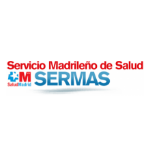
CLC/InnoStars: Spain
Partner classification: Municipality / City, Hospital / University Hospital
Servicio Madrileño de Salud (SERMAS) is the public health provider of the region of Madrid. SERMAS belongs to the Spanish National Health System and provides services to more than 6 million citizens through 38 hospitals and 424 primary care centres. SERMAS is an international reference for high-specialized medicine; it is equipped with state-of-the art stage technologies and characterized by high-qualified health professionals distributed in three domains: primary care, hospital care and emergency care through SUMMA 112. SERMAS has one of the best public primary care systems in good coordination with hospital care and social services in order to provide integrated care and achieve real impact on patients and families. In order to improve health research management and coordination, SERMAS works with 13 Research Foundations that support from the economic and administrative point of view research and innovation that originates at university hospitals, primary care, the emergency medical service and public health covering all areas of specialties and including communication and information technologic departments. These public research foundations focus on innovation and translational research, seeking for real outcomes in healthcare. SERMAS is committed to ensure the continuous improvement of quality.
Key Activities in Social Innovation
Healthcare provision, Payers
Key Activities in Business Creation
Technology Transfer, Testing & Validation
Key Activities in Education
Medical faculties, Healthcare professional education/training

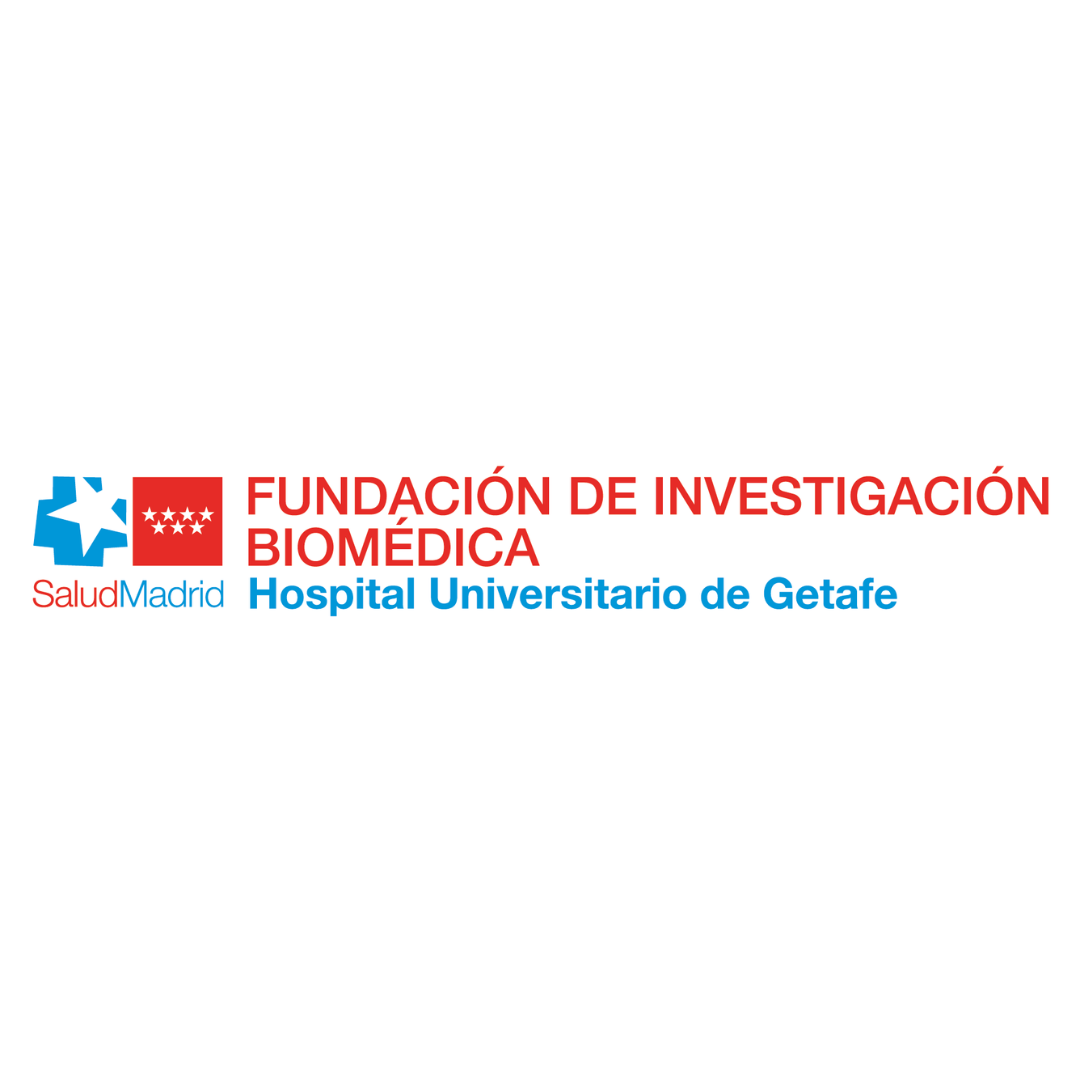
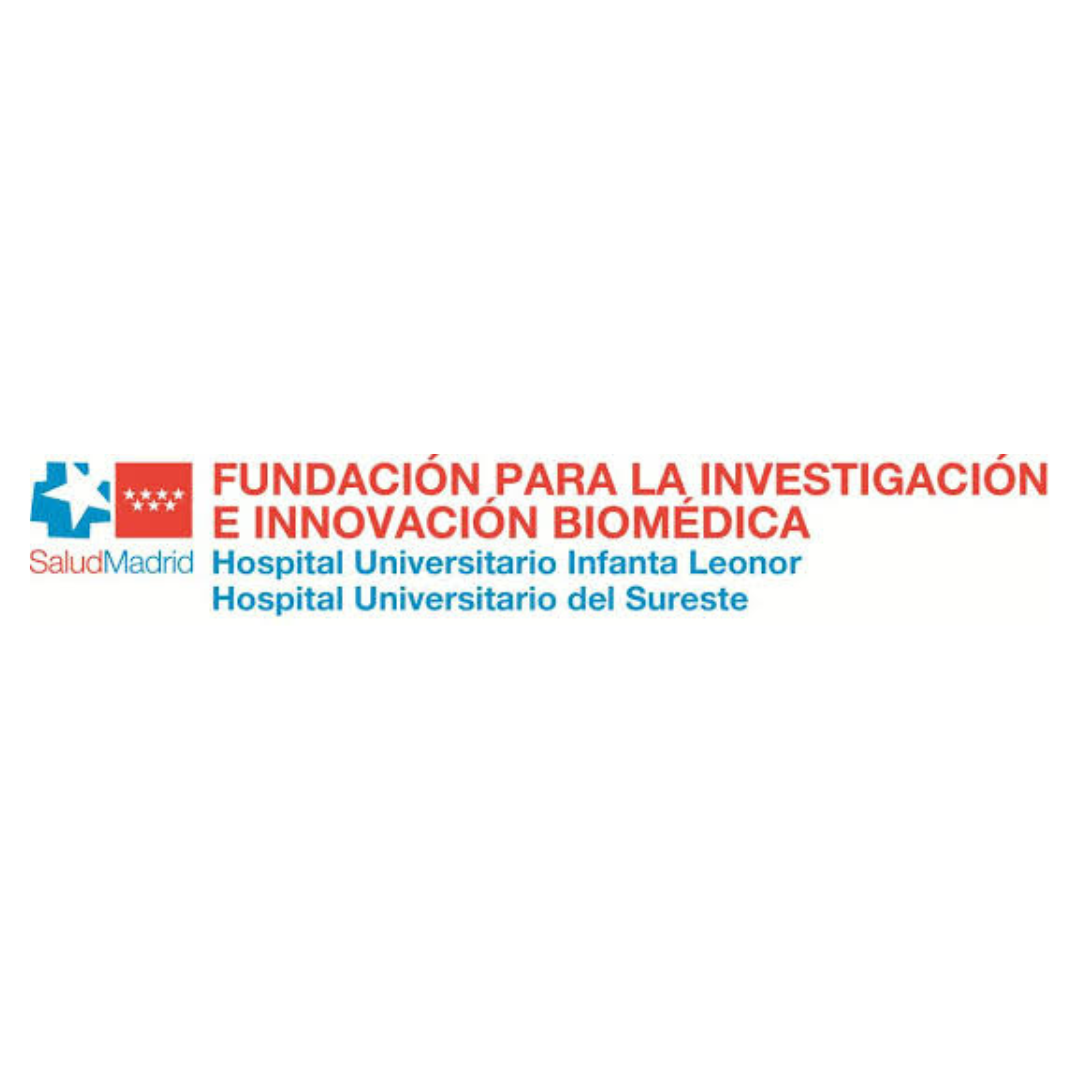

CLC/InnoStars: Scandinavia
Partner classification: Municipality / City, Hospital / University Hospital
Region Stockholm is one of Europe's largest healthcare providers, offering everything from telephone advice about self-care to advanced specialist care at the university hospital.
Key Activities in Corporate Innovation
Pharma, Med Tech, ICT, Diagnostics, Imaging, Nutrition
Key Activities in Social Innovation
Healthcare provision, Payers
Key Activities in Business Creation
Testing & Validation
Key Activities in Education
Healthcare professional education/training

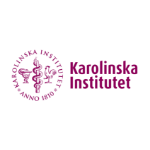
CLC/InnoStars: Scandinavia
Partner classification: Education, Research
Karolinska Institutet is one of the world's leading medical Universities. Our mission is to contribute to the improvement of human health through research and education. Our research covers the entire medical field, from basic molecular biological research, to clinical epidemiology and nursing science. Since 1901 the Nobel Assembly at Karolinska Institutet has selected the Nobel laureates in Physiology or Medicine. With our close relationship to the clinical world, a well-established infrastructure, a unique innovation system and financial stability, Karolinska Institutet has excellent prerequisites for sustaining high-quality research and education.
Key Activities in Corporate Innovation
Pharma, Med Tech, Diagnostics, Imaging, Nutrition
Key Activities in Social Innovation
Healthcare provision
Key Activities in Business Creation
Incubation, Technology Transfer, Business coaching, Testing & Validation
Key Activities in Education
Entrepreneurship training, Medical faculties, Healthcare professional education/training

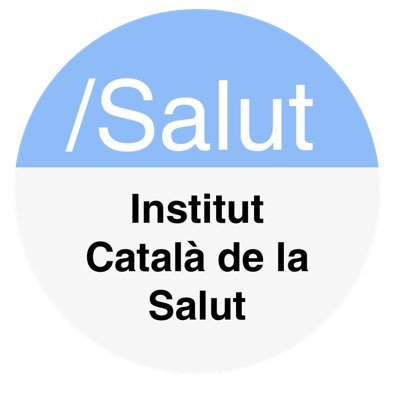
CLC/InnoStars: Spain
Partner classification: Education, Research, Tech Transfer, Clusters, Other NGOs, Hospital / University Hospital
With a staff of over 51,700 professionals, the Catalan Health Institute (ICS) is the largest public health services company of Catalonia, that provides health care to nearly six million people across the country. As a reference entity of the public health system, the aim of ICS is to improve people’s health and quality of live, through the provision of excellent health services in his 8 Hospitals and 949 primary care centers and local consultancy, regarding both the promotion of health and the treatment of diseases, from the most prevalent to the most complex ones. Also, our organization includes research - 7 Institutes - , and education. All of our activities embrace innovation and knowledge transfer as a guarantee to continuously improve the attention that the institution offers to the citizens.
Institut Català de la Salut (ICS)
Institut Català de la Salut, Gran Via de les Corts Catalanes, 587, 08007 Barcelona, Spain

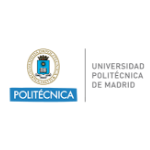
CLC/InnoStars: Spain
Partner classification: Education, Research
UPM is a leader in healthcare technologies, with an outstanding participation in international research and innovation projects, alliances with leading institutions in medical research and a close relationship with hospitals R&D centers. The UPM Health Tech community is the flagship initiative of UPM, bringing together all Education, Research and Innovation capabilities in Health Care Technologies (Medical Device, Biotech and Digital Health). UPM HealthTech provides a stable interdisciplinary environment grouping UPM research groups/centers with high expertise and qualified infrastructure to address major challenges in Health Care, and to promote the start-up of new ventures issued by UPM community and regional/national/European Health Technology ecosystem, and to offer high quality and experienced educational programmes
Universidad Politécnica de Madrid - UPM
Universidad Politécnica de Madrid (Technical University of Madrid) - UPM, Calle Ramiro de Maeztu, 7, 28040 Madrid, España
Key Activities in Business Creation
Incubation, Technology Transfer, Business coaching, Testing & Validation
Key Activities in Education
Entrepreneurship training, Technical faculties, Healthcare professional education/training
